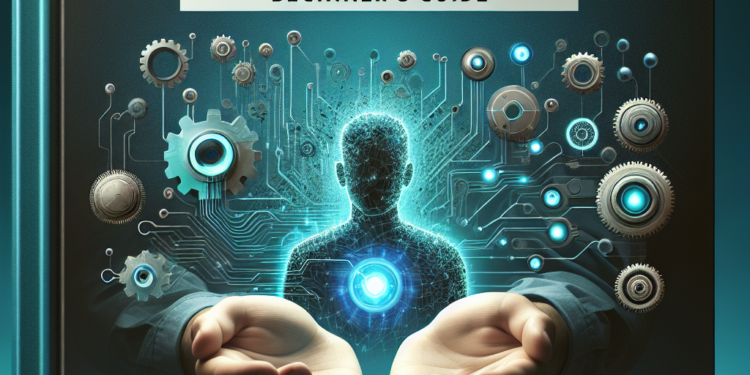Artificial Intelligence (AI) technologies have become an integral part of our everyday lives, from virtual assistants like Siri and Alexa to self-driving cars and personalized recommendation systems. Understanding these technologies can be overwhelming for beginners, but with the right guidance, anyone can grasp the basics of AI and its applications. In this beginner’s guide, we will explore the fundamental concepts of AI, its different types, and how it is revolutionizing industries across the globe.
What is Artificial Intelligence?
Artificial Intelligence is a branch of computer science that aims to create intelligent machines that can simulate human cognitive functions such as learning, problem-solving, and decision-making. AI technologies enable machines to perform tasks that typically require human intelligence, such as speech recognition, image recognition, and natural language processing. These technologies are powered by algorithms that analyze large datasets to identify patterns, make predictions, and automate decision-making processes.
Types of Artificial Intelligence
There are three main types of Artificial Intelligence: Narrow AI, General AI, and Superintelligent AI. Narrow AI, also known as Weak AI, is designed to perform specific tasks within a limited scope. This type of AI is commonly used in applications like virtual assistants, search engines, and recommendation systems. General AI, also known as Strong AI, is a hypothetical form of AI that possesses human-like cognitive abilities and can perform any intellectual task that a human can. Superintelligent AI, on the other hand, refers to AI systems that surpass human intelligence and can outperform humans in all cognitive tasks.
Applications of Artificial Intelligence
Artificial Intelligence technologies are being used across a wide range of industries, from healthcare and finance to transportation and entertainment. In healthcare, AI is being used to analyze medical images, diagnose diseases, and develop personalized treatment plans. In finance, AI is being used to detect fraud, automate trading decisions, and improve customer service. In transportation, AI is being used to develop self-driving cars, optimize transportation routes, and reduce traffic congestion. In entertainment, AI is being used to create personalized content recommendations, develop virtual reality experiences, and enhance gaming experiences.
Challenges and Ethical Considerations
While Artificial Intelligence technologies have the potential to revolutionize industries and improve our lives, they also raise significant challenges and ethical considerations. One of the main challenges is the potential for AI systems to make biased or discriminatory decisions based on the data they are trained on. To address this issue, developers and researchers are working on developing ethical guidelines and regulations to ensure that AI systems are fair and unbiased. Another challenge is the potential for AI systems to replace jobs and disrupt entire industries, leading to concerns about unemployment and income inequality.
The Future of Artificial Intelligence
Despite these challenges, the future of Artificial Intelligence looks promising, with continued advancements in AI technologies and applications. As AI technologies become more sophisticated and integrated into our daily lives, they have the potential to transform industries, create new opportunities, and improve the way we work, live, and interact with the world around us. With ongoing research and development in the field of AI, we can expect to see even more groundbreaking innovations in the years to come.
In conclusion, Artificial Intelligence technologies are reshaping our world in profound and transformative ways. By understanding the basics of AI, its different types, applications, challenges, and ethical considerations, beginners can navigate the complex landscape of AI technologies and appreciate the potential of this exciting field. As AI continues to evolve and advance, it is essential for individuals and organizations to stay informed and engaged with the latest developments in order to harness the power of AI for the benefit of society as a whole.













